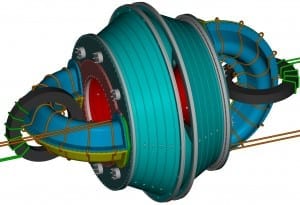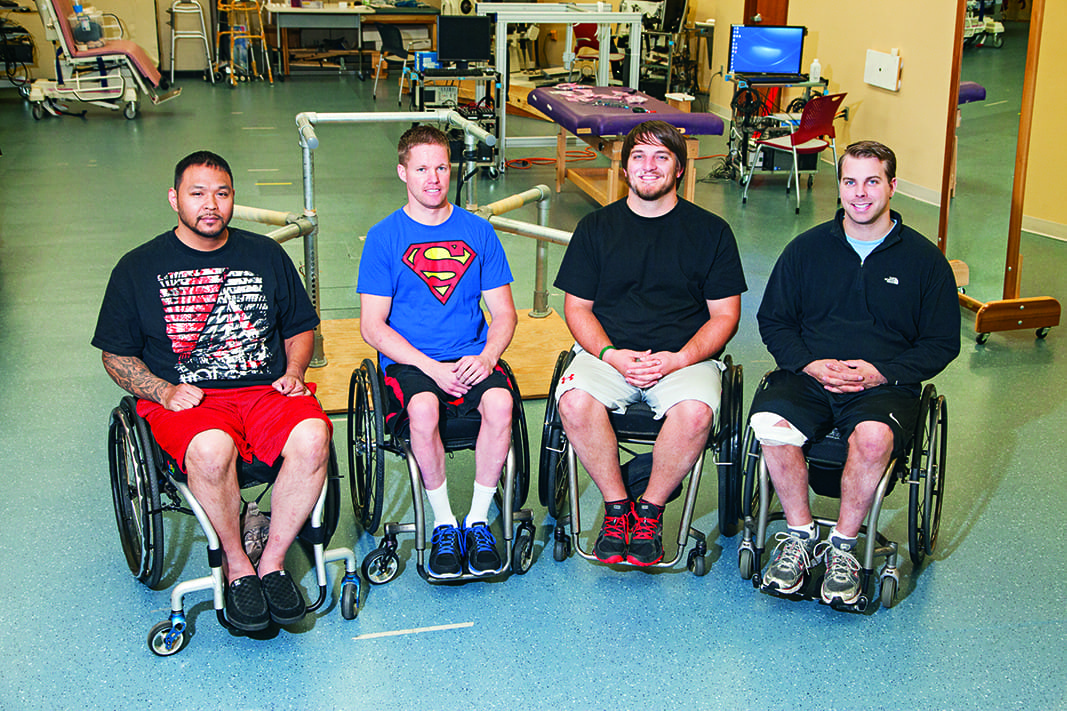
Results show the plasma is stable and the method is energy-efficient
Researchers around the world are working on an efficient, reliable way to contain the plasma used in fusion reactors, potentially bringing down the cost of this promising but technically elusive energy source. A new finding from the University of Washington could help contain and stabilize the plasma using as little as 1 percent of the energy required by current methods.
“All of a sudden the current energy goes from being almost too much to almost negligible,” said lead author Thomas Jarboe, a UW professor of aeronautics and astronautics. He presents the findings this week at the International Atomic Energy Association’s 24th annual Fusion Energy Conference in San Diego.
The new equipment looks like handles on a coffee mug – except they attach to a vessel containing a million-degree plasma that is literally too hot to handle.
Most people know about nuclear fission, the commercial type of nuclear power generated from splitting large atoms in two. Still under research is nuclear fusion, which smashes two small atoms together, releasing energy without requiring rare elements or generating radioactive waste.
Of course, there’s a catch – smashing the atoms together takes a lot of energy, and scientists are still working on a way to do it so you get out more energy than you put in. The sun is a powerful fusion reactor but we can’t recreate a full-scale sun on Earth.
An international project in France is building a multibillion-dollar fusion reactor to see whether a big enough reactor can generate fusion power.
The reactor in France will inject high-frequency electromagnetic waves and high-speed hydrogen ions to sustain the plasma by maintaining an even hotter 100-million-degree operating temperature and enclosing it with magnetic fields.
“That method works,” Jarboe said, “but it’s extremely inefficient and expensive, to the point that it really is a major problem with magnetic confinement.”
via University of Washington – Hannah Hickey
The Latest Streaming News: Fusion Energy updated minute-by-minute
Bookmark this page and come back often
Latest NEWS
Latest VIDEO








